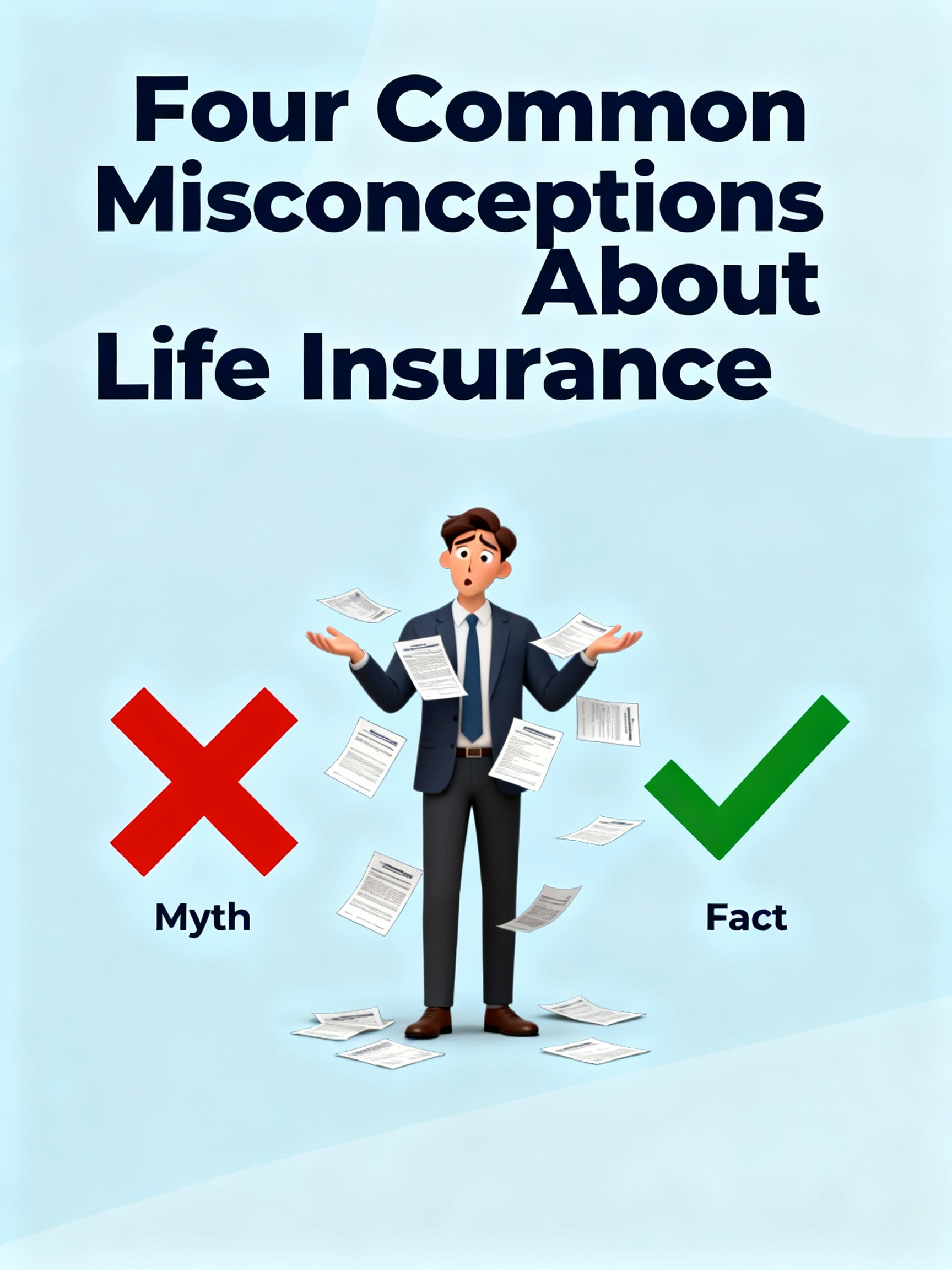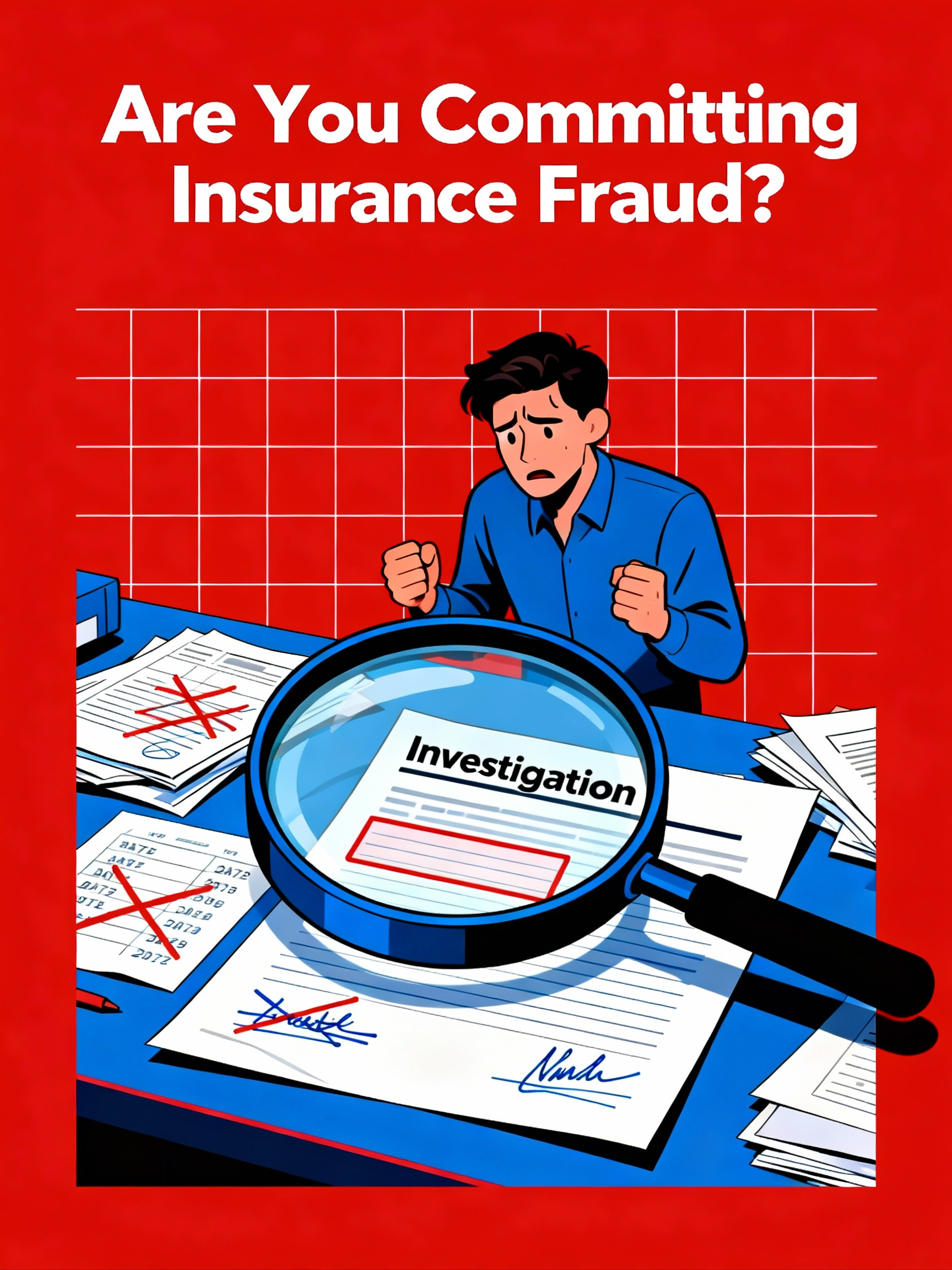AB 2743 and Peer-to-Peer Car Sharing in California
Published Date: 07/30/2024
In the ever-changing landscape of California legislation, new technologies, transportation models, and consumer behaviors often outpace existing laws. Few people understand this balancing act — between innovation, regulation, and fairness — better than Assemblymember Blanca Pacheco, who joined Insurance Hour host Karl Susman for an in-depth discussion about peer-to-peer car sharing, small business protection, and the realities of public service.
The conversation, filled with humor and candor, revealed both the human side of policymaking and the technical challenges of ensuring that laws evolve alongside modern life.
From Attorney to Assemblymember: A Journey of Service
Before turning to her legislative work, Pacheco shared how her path into politics was shaped by education, law, and community involvement.
“I always wanted to be an attorney,” she said. “I went to UCLA, then Loyola Law School, became an attorney, passed the California State Bar. About ten years into my practice, I got involved with the community — with the Kiwanis Club of Downey — and that eventually led to being asked to run for City Council in 2016.”
Her commitment to local service eventually led to the California State Assembly when a vacancy opened.
“Here I am,” she said with a smile. “Two years into my service as an Assemblymember.”
Pacheco represents California’s 64th Assembly District, which includes Downey, Bell, Cudahy, Norwalk, Santa Fe Springs, and La Mirada — a diverse mix of suburban and urban communities with complex policy needs.
Life Between Sacramento and Home
Balancing public office with personal life is a constant challenge. Pacheco described a demanding weekly routine that keeps her connected to both ends of the state.
“I fly up to Sacramento Monday mornings and back home on Thursdays,” she said. “I call my mom every day, check in with my family, and stay in touch with everyone in L.A.”
When Susman joked about legislative “recess,” she clarified with a laugh, “We call it ‘work back home in the district.’”
She also shared her disciplined approach to personal fitness, maintaining a 6 a.m. workout routine even with her packed schedule.
“No pain, no gain,” Pacheco said.
Wearing Many Hats: Legislative Responsibilities
In addition to representing her district, Pacheco serves on four Assembly committees, including one of the most operationally complex: Chair of Rules.
“I’m in charge of the operations of the State Assembly,” she explained. “That includes bill referrals and managing the day-to-day activities of the legislative body.”
She also serves on the Judiciary Committee, along with Local Government and Governmental Organization.
“It’s a lot of responsibility for someone just two years in,” Susman observed.
Pacheco views the workload as both a responsibility and an opportunity to make meaningful change.
Introducing AB 2743 and the Small Business Focus
At the heart of the discussion was Assembly Bill 2743, legislation authored by Pacheco to address problems emerging in the peer-to-peer car-sharing industry.
Unlike traditional rental agencies, peer-to-peer platforms such as Turo and Getaround allow private vehicle owners to rent their personal cars directly to other individuals. While convenient for consumers, this model has created unexpected insurance and liability challenges for small operators.
“I’m a proponent of protecting our small businesses,” Pacheco said. “This bill addresses a significant unintended increase in financial responsibility for peer-to-peer car-sharing programs in California.”
When Innovation Outpaces Insurance Law
Traditional rental companies maintain large commercial fleet insurance policies. Peer-to-peer platforms, by contrast, rely on individuals who may not fully understand how their personal auto policies interact with commercial activity.
After regulatory reclassification, some small operators suddenly faced major increases in required liability coverage — in some cases from $1 million to $5 million almost overnight.
“These were unintended consequences,” Pacheco explained. “We’re not talking about corporations here. We’re talking about small businesses — people trying to make a living by sharing their vehicles safely and responsibly.”
Why AB 2743 Matters
AB 2743 is designed to recalibrate those insurance requirements so they better reflect the scale and nature of peer-to-peer operations. The bill seeks to:
- Protect small business operators from unsustainable insurance burdens
- Clarify liability standards for peer-to-peer car-sharing platforms
- Preserve public safety while encouraging innovation
“We can’t stifle innovation,” Pacheco said. “But we also can’t ignore the impact on individuals and small businesses who are just trying to participate responsibly.”
At its core, the bill attempts to strike a balance between progress and protection.
Peer-to-Peer Car Sharing vs. Ride-Sharing
Many consumers confuse peer-to-peer car sharing with ride-sharing, but the distinction has major legal and insurance implications.
With ride-sharing services like Uber and Lyft, passengers pay for transportation and are covered under commercial insurance provided by the company. With peer-to-peer car sharing, consumers rent a private individual’s vehicle and drive it themselves, typically under a mix of personal and platform-provided coverage.
This regulatory gray area — somewhere between private vehicle use and commercial rental — is exactly where AB 2743 provides clarity.
Keeping Policy Aligned With Technology
The discussion also touched on the broader challenge facing lawmakers as technology continues to evolve faster than legislation.
“We’re living in an age where business models evolve faster than the legal system can respond,” Susman said.
Pacheco agreed, emphasizing the need for thoughtful, targeted policy design.
“We have to make sure our policies reflect the realities of the time we’re in,” she said. “That’s how we protect both consumers and small business owners.”
The Personal Side of Public Service
Beyond the policy details, the episode highlighted Pacheco’s authenticity and openness about the sacrifices public service requires.
“I really enjoy what I do,” she said. “It means a lot. But I do miss being home.”
Her reflections reinforced a recurring theme of Insurance Hour: behind every piece of legislation is a person balancing duty, family, and personal purpose.
“It’s that balance between your work life and home life,” Susman said. “And you’ve managed it with grace.”
Leadership Through Empathy and Practicality
What stood out most in Pacheco’s approach was empathy. Drawing on her background as an attorney and community leader, she consistently framed policy in terms of real-world consequences.
“We need to protect small businesses,” she said. “They’re the backbone of our economy.”
Her tone centered on balance rather than ideology.
“We have to be practical,” she said. “We can do both — support innovation and protect people.”
Innovation, Regulation, and the Road Ahead
AB 2743 is narrowly targeted, but it reflects a much broader challenge: how government can adapt quickly enough to protect people without hindering innovation.
As California continues leading in technology and new economic models, lawmakers like Pacheco are increasingly tasked with building that bridge between progress and protection.
“This is what happens when law and technology collide,” Susman said. “And you have to find a way to make sure no one gets run over in the process.”
Final Thoughts
In a state known for being on the frontier of innovation, peer-to-peer car sharing is another example of how rapidly business models can outpace regulatory frameworks.
Through AB 2743, Assemblymember Blanca Pacheco is working to ensure that small entrepreneurs are not financially crushed by unintended legal consequences, while still preserving consumer protection and public safety.
“We need to protect small businesses,” she said again as the interview wrapped. “That’s what this is really about.”
Her mix of practicality, humility, and purpose reflects the kind of leadership California needs as it navigates the next generation of policy challenges.
Key Takeaways
AB 2743 seeks to protect small peer-to-peer car-sharing operators from excessive financial liability.
The bill highlights California’s ongoing challenge of balancing innovation with regulation.
Assemblymember Pacheco’s leadership emphasizes empathy, transparency, and practical policymaking.
Peer-to-peer car sharing differs fundamentally from ride-sharing, with critical legal distinctions.
Thoughtful legislation can protect consumers while still encouraging entrepreneurship and innovation.
Author






